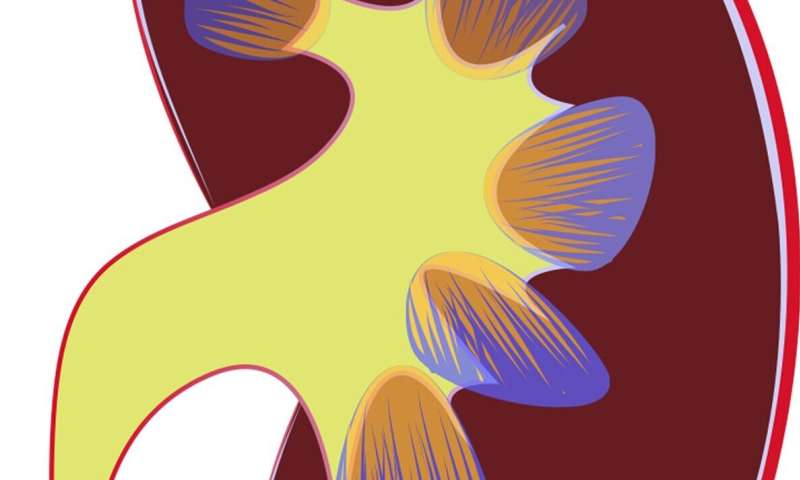
The proximal tubule—part of the kidney’s nephron—is a target of acute kidney injury (AKI), and its response to injury determines whether the kidney undergoes repair or progresses to chronic kidney disease (CKD).
Studies have suggested that Wnt/beta-catenin signaling, which increases after kidney injury, promotes fibrosis and CKD.
Now, Leslie Gewin, MD, and colleagues have turned that conventional dogma on its head. Using a genetic system, they specifically activated beta-catenin in mouse proximal tubules and showed that it protected mice from kidney fibrosis and epithelial injury in two different models of AKI to CKD progression.
They found that the protective effect required the presence of the transcription factor FoxO3, and they identified the protein CSE as a target of beta-catenin/FoxO3.
Source: Read Full Article
